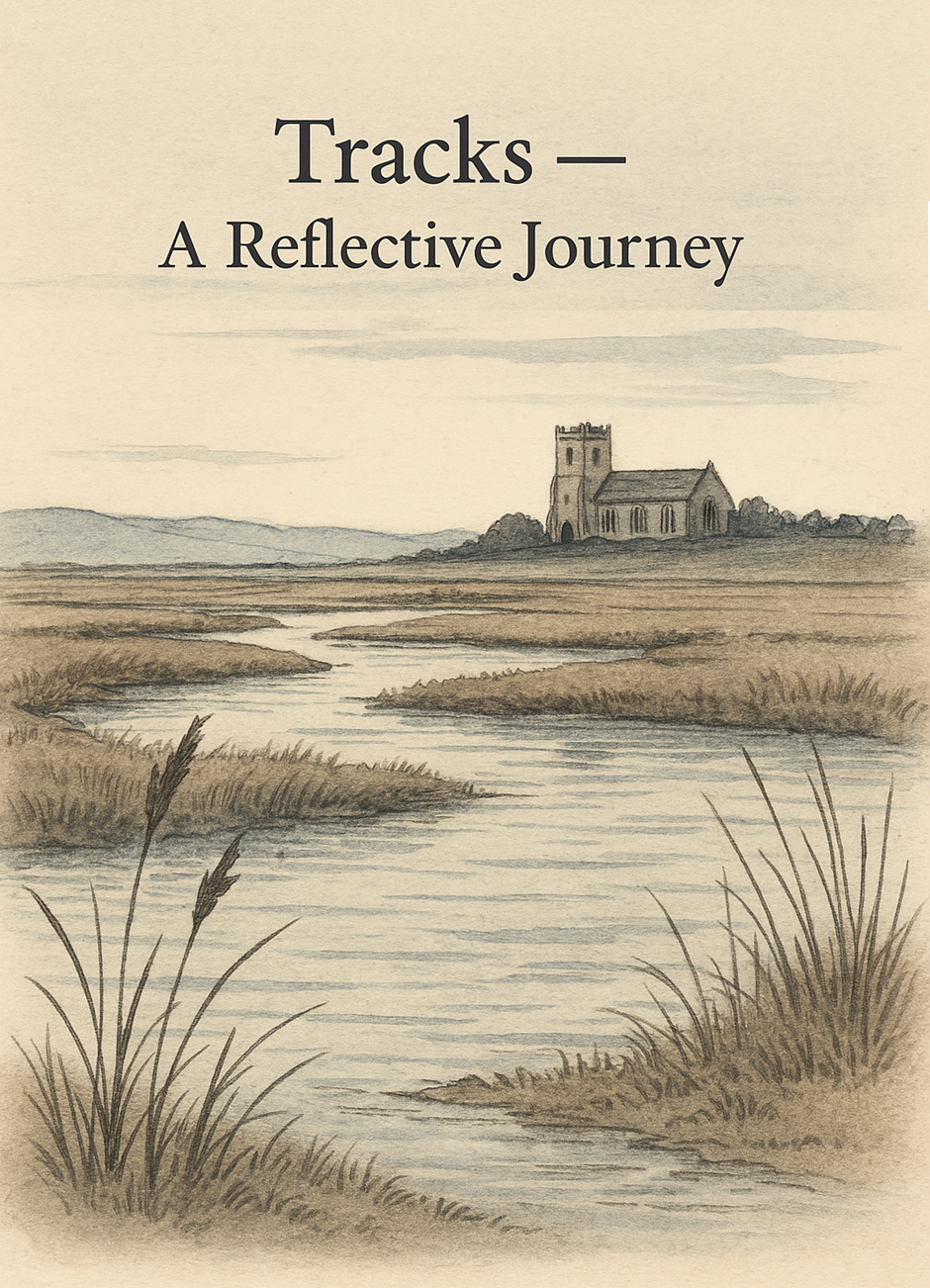A critical inquiry into the moral and philosophical basis for boundary-making in post-liberal societies
"There is a point in the history of society when it becomes so pathologically soft and tender that among other things it sides even with those who harm it." - attr: Friedrich Nietzsche
In the modern liberal imagination, inclusion has become synonymous with moral progress. From civil rights legislation to multicultural pluralism, the moral arc appears to bend always toward broader accommodation, deeper toleration, and the softening of boundaries. Yet the foundational question remains: Can a community endure if it refuses to draw lines around its values, identity, and cohesion?
While inclusion can be a moral good, it is not an absolute one. There comes a point at which the expansion of inclusion without corresponding commitment to shared values becomes not a sign of vitality but of erosion. Drawing from thinkers as diverse as Alasdair MacIntyre, Roger Scruton, and Carl Schmitt, these words which follow make the case for philosophical and practical boundary-making.
I. The Liberal Commitment and Its Limits
The liberal tradition, rooted in Enlightenment rationalism and Christian moral universalism, treats the individual as the fundamental unit of moral concern. Rights precede duties; inclusion is a default posture. Alasdair MacIntyre, in After Virtue, critiques this view as a fragment of older moral frameworks stripped of their teleological grounding. While he calls for the renewal of communities rooted in virtue traditions, he avoids advocating coercive measures against dissenters.
Roger Scruton, similarly, emphasises tradition, continuity, and the shared cultural inheritance of a people. In works like How to Be a Conservative, he warns against liberal overreach that tears down institutions in the name of abstract justice. Yet Scruton, too, remains committed to the language of law, civility, and constitutional restraint.
In both cases, the response to internal erosion is cautious and pastoral: re-educate, re-embed, rebuild. Coercion is viewed as a symptom of failure, not a strategy of survival.
II. The Post-Liberal Challenge
This reluctance to act decisively in defence of a community's identity reflects, arguably, a continued subscription to liberal moral instincts. Post-liberal and realist thinkers argue that this very posture allows for the slow undermining of social cohesion.
Carl Schmitt, in The Concept of the Political, asserts that the defining act of politics is the drawing of the friend-enemy distinction. For Schmitt, communities cannot survive without the capacity to name their enemies, including internal ones. Liberalism, by avoiding such distinctions, becomes unable to defend itself against existential threats.
From this perspective, a society that welcomes all without conditions eventually loses the ability to sustain the very virtues it wishes to preserve. Tolerance becomes self-liquidating. Inclusion, when unbound from reciprocal commitment, functions as erosion.
III. Virtue, Tradition, and the Limits of Hospitality
MacIntyre's emphasis on "practices" and "narrative unity" offers an important clue: a community is not a collection of strangers but a shared moral project. Outsiders who reject or remain indifferent to the purpose of the community do not simply extend diversity—they fracture intelligibility.
Hospitality, in traditional societies, is always bounded. The Benedictine model, for example, welcomes the stranger as Christ—but also expects the stranger to join the rhythm of the monastery. Inclusion is contingent on participation. A practice that accepts all but forms no expectations ceases to be a practice at all.
IV. Toward a Philosophy of Boundary-Making
What then constitutes a legitimate act of boundary-making?
Moral Deliberation: The community must define its values clearly, not abstractly. Without a defined telos, no inclusion or exclusion has meaning.
Reciprocity: Inclusion must involve commitment from both sides. A unilateral tolerance is not a moral victory; it is political suicide.
Proportionate Action: Coercive or exclusionary measures may be justified, but only when persuasion has failed and the integrity of the community is under sustained threat.
Cultural Self-Awareness: The community must discern whether its openness stems from virtue or from a lack of conviction.
V. Conclusion: From Sentiment to Survival
The liberal impulse to include springs from noble sentiments—compassion, openness, remorse for historical exclusions. But sentiment must be ordered by reason. Communities that refuse to name limits, set expectations, or defend their moral and cultural inheritance will not be more just; they will simply be more fragile.
Inclusion is not an absolute good. A political and moral order survives only by boundary-making: not the rejection of others per se, but the insistence that membership implies meaning. Without borders—moral, cultural, spiritual—a society becomes an open circuit, unable to hold energy, unable to pass on purpose.
To include rightly, we must sometimes refuse.
July 2025
